When Greg Gonzalez sat down to start writing the next Cigarettes After Sex album, the dream pop frontman relied equally on memories of heartbreak and the ballads of the Material Girl. "‘90s Madonna was a big influence on this record," he tells GRAMMY.com with a soft smile.
Though the end result won’t be mistaken for anything off of Ray of Light, that timeless, almost mystic cloud of emotionally resonant pop carries a distinct familiarity on Cigarettes After Sex's new album, X’s.
Cigarettes After Sex has championed that sweet and sour dreaminess since their 2017 debut. Two years after that self-titled record earned rave reviews and was certified gold, the El Paso, Texas-based outfit reached even deeper for Cry. And while those records cataloged Gonzalez's heartbreaks and intimacies in sensual detail, Gonzalez knew he could reach deeper on the band’s third LP: "These songs are just exactly as memory happened."
Arriving July 12, X’s fuses Cigarettes After Sex's dream pop strengths with ‘90s pop warmth and ‘70s dance floor glow. Always one to bring listeners into the moment, Gonzalez imbues the record with a lyrical specificity that gives the taste of pink lemonade and the tension of a deteriorating relationship equal weight. On X’s, the listener can feel the immediate joy and lingering pain in equal measure.
"This is specific to me and what I'm going through, but then I go out and talk to people on tour, and they’re like, 'Oh, yeah, I went through the exact same thing,'" Gonzalez says.
Leading up to the release of X’s, Gonzalez spoke with GRAMMY.com about the appeal of ‘90s Madonna, finding a way to dance through tears, and his potential future in film scoring.
Tell me about the production process for this record. You've always been able to build nostalgic landscapes, but this record feels smoother than before. Were there any new touchpoints you were working with?
That was the thing: trying to make the grooves tighter. It was coming from more of a ‘70s Marvin Gaye kind of place, trying to make it groove like a ‘70s dance floor.
Which is an especially interesting place to be writing from when dealing with that line between love and lust.
Yeah. The stuff we've done before was really based on the late ‘50s, early ‘60s slow dance music. But it was always supposed to be dance music; I always wanted Cigarettes to be music you could dance to, even if it was a slow dance.
When I think of pop music and I think of songs that really feel powerful, they usually make you want to groove in some way. I love a lot of music that doesn't do that: ambient music or classical or some jazz. But there's so much power to music that makes you want to move. And I found throughout the years that I could just never get enough of the music that makes you want to dance. So I thought, Okay, the music that I make should be really emotional. It should feel like music you could actually cry to, but in the end it should make you want to also move in that way.
It’s the physical necessity of the music, some forward motion to match the emotional journey. I’d imagine that is related in some sense to the fact that you’re writing in a somewhat autobiographical way. Is that a way of not getting stuck in the stories, in the feelings?
I'm writing it for myself. Of course, I can't help but picture the audience in some way. But it's never like I'm writing it for them.
There is an audience that I can visualize that would like the music. [Laughs]. There have been times where we’re recording and I close my eyes to visualize an arena or a stadium to picture the music in that setting. It’s a nice feeling. And that's just based on the music that I love that I thought had similarities.
Is there any particular music that you love that fills that feeling?
There's so much music that I was obsessed with, but with Cigarettes I narrowed it down. Since I was a kid, I did every kind of style I could do. I was in power pop bands, new wave, electro, metal, really experimental bands.
But when I finally sat down and said, "Let me make an identity for Cigarettes and make it special," I had to think about what my favorite music was and what music affected me the deepest. And it was stuff like "Blue Light" by Mazzy Star or "Harvest Moon" by Neil Young or "I Love How You Love Me" by the Paris Sisters. And I kind of put all that together and that became the sound of Cigarettes. And now I do that every time I make a record: I'll make a playlist of what I want it to feel like. I mentioned Marvin Gaye. I feel like ‘90s Madonna was a big influence on this record.
Madonna in the ‘90s? No one could touch that era. I don't know when the last time you listened to that music was, but…
No, I grew up with Madonna and I used to watch the "Like A Prayer" video on repeat. It blew me away. But then I came back and I got into the ‘90s stuff, like "Take A Bow" and that record Something To Remember. It's all of the slower tunes. And that was a big influence, especially songs like "Rain."
You clearly have a diverse musical appetite, but you’ve also highlighted people with such identifiable voices — something that I think is true for Cigarettes as well. Your vocals are so front and center in the identity of the project.
That's great. The singer pretty much makes the song for me, whatever I’m listening to. The entire spirit comes down to the vocals. I'll hear a song like "Take A Bow" and be like, This feels so special. What if I made something that felt like this? If I told someone this [record] was based on Marvin Gaye and ‘90s Madonna, I don’t know if they would think it really sounded like that. It's more just trying to capture the spirit of what those records feel like.
That's what's cool about it too: You can remember those songs that were filling the air back in the ‘90s and what those feelings were, what you were up to, and draw a line between that and whatever's happening now that I wrote about.
You don’t seem like the type of person to avoid negative feelings when you come up against them in that process either. The songs feel like you just embrace it, even if it's really painful.
I've always felt that's the best way for me to go through things, to face it head on. It's supposed to be painful. You have all these really great moments with somebody and all these great memories, and then when it ends, honestly, that's the way it goes, right? That's the trade off.
Yeah, but not everybody goes through a breakup and then makes an album about it. Isn’t that like returning to the scene of the crime? How does it feel to deal with it in that way?
That's funny. The thing was, I was writing a lot of this stuff while I was still in a relationship. It took so long to finish it.
Finish the album or finish the relationship? [Laughs.]
Actually both. But yeah, the record is mostly about that one relationship, but there are little diversions with some of the songs. A lot of the key images and songs are based on that romance and little memories that I took from it.
I like that I have all those moments kind of set in stone. It’s hard to listen to this record too because I'll just really see these moments, all these memories, and it can be a bit much to flash back to all that stuff and see it so vividly. But I love that I have it. Those memories meant so much and I’m glad that they're collected and displayed in this way.
And you were able to collect them when it was happening as opposed to having some time between, which could warp those memories. Writing and recording when you’re as raw as possible makes sense, so what you capture is really honest.
That's why I like to write these songs that are as honest as possible or as autobiographical as possible, with a lot of details. If I'm writing a song and someone heard it, they would know it was about them just based on all the imagery that's in that song. It's like a little letter to them. It could be like a secret little letter to someone.
That makes me think of "Holding You, Holding Me," which is so lovely and feels as immediate as anything you’ve done.
It was the pandemic, and then the other girlfriend I had at that time, we were living in downtown L.A. and just wanted to get out of the house and stay somewhere nicer for a while. And we went to this AirBnb that was in Beverly Hills with this beautiful backyard. The song was meant to be kind of Fleetwood Mac-ish, like "Gypsy" or "Sara", that nice ‘70s country pop feel.
Over the years I’ve noticed you frequently use taste as a sensory link in your songs, which really creates an evocative moment — I’m thinking about references to candy bars and lemonade on this album. What is it about that sense that sticks out to you?
If I'm going back to memory, then that's just what really happened. We went to the store to go buy wine and candy because that was the vibe that night. "Let’s watch movies and get red wine and some candy bars." And it was just a big memory that we walked outside and it started raining. I think too, what's nice about using objects is that it gives you so much mood in a song. You can tell what the feeling is of that moment when you put those things together.
And it can have an almost universal understanding. People will understand what it means to have a "candy bar night."
That's the craziest thing. It's almost like you're trained to write universally, meaning generically. Like, "Oh, this is a song that everyone can like and the lyrics can be really simple." But I’ve found that the songs that are really detailed and were more personal stories, a song like "K." from Cigarettes After Sex, those are the songs that everyone really loves, the ones that take up being really specific.
I suppose that's pop's way of being a doorway. When you're talking about your personal experiences, somebody is going to enter into it and feel like you're singing about theirs.
You realize that we're all in the same boat. This is specific to me and what I'm going through, but then I go out and talk to people on tour, and they’re like, "Oh, yeah, I went through the exact same thing." I feel very lucky that most people I talk to that love [our] music are always saying that. It’s so special.
It makes me trust my instincts. That's the hard thing when you're writing. You're wondering, Is this too much to disclose? Is this too much information? [Laughs.] That instinct is really important to know, to trust it. That's the tough one. That's what's also therapeutic about it too. You want to share things that feel really personal because then you can process them. You can really start to unpack what those moments meant and what they can mean going forward. It gives me more confidence when I hear that kind of stuff from people.
What then is it like when you sing it for a crowd? You’re performing, but you can’t fully separate the emotion that inspired that song.
That's tough because, ideally, if I did my job well enough writing the song, then it should be hard to sing live — especially if I really see those moments when I'm singing it. It could bring me to tears, honestly, because it should feel that intense. And it's even worse if I look in the crowd and someone's crying. I can't even look at them. And that happens very often. If I started crying, my voice will stop.
That brings a real cinematic feeling to your music too, which makes me think you’d be good at scoring a film. Is that something you’d tackle?
I'm definitely obsessed with film and have been since I was a kid. The idea that I keep saying — and I almost feel like I'm going to jinx it because I keep saying it too much — is that I really want to direct and write something. And I've written some ideas down for screenplays and things. It seems like it's hard to transition from musician to filmmaker and really make it stick. But that would be something I want to do in the next 10 years. I'm giving myself 10 years. [Laughs.]

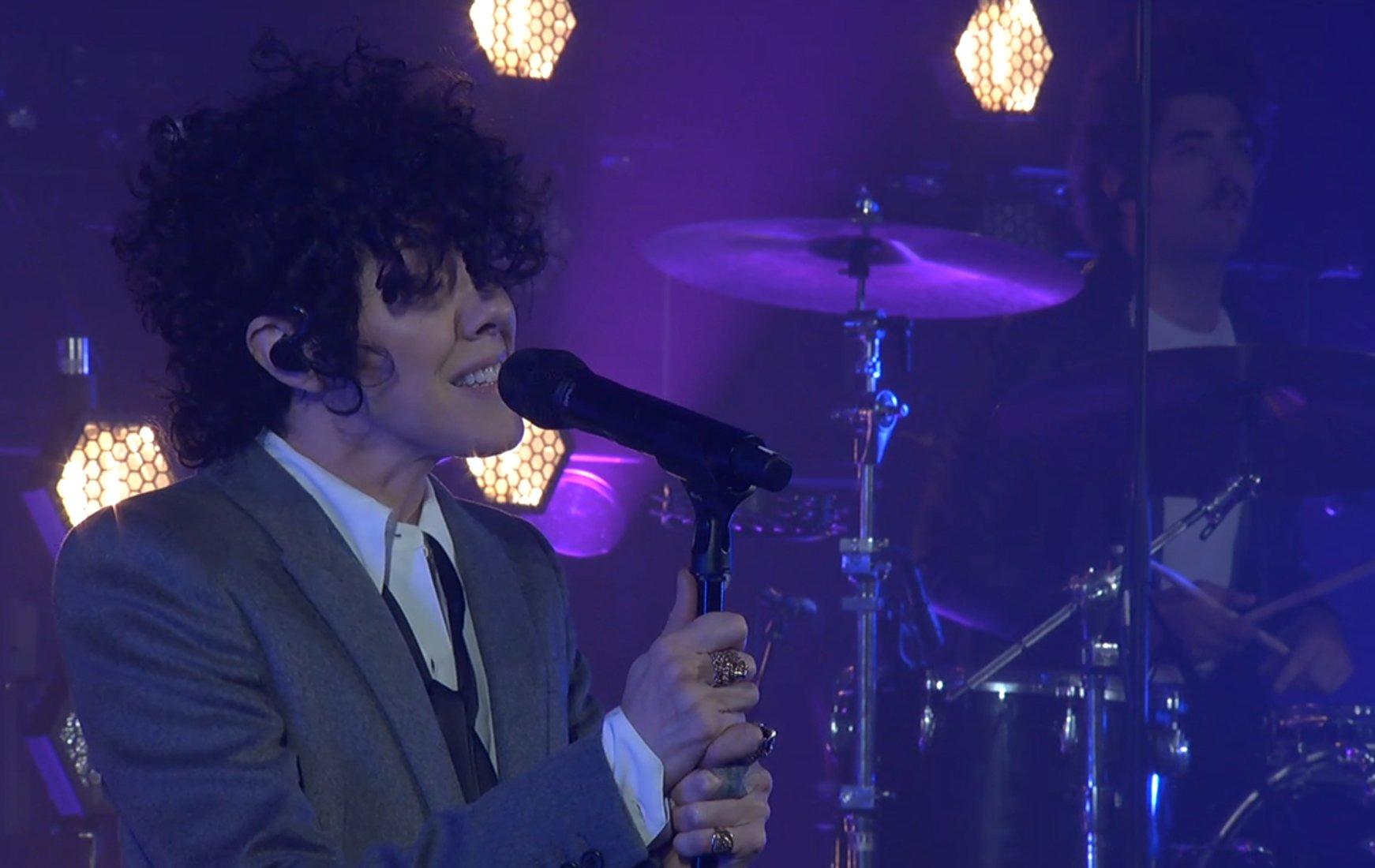
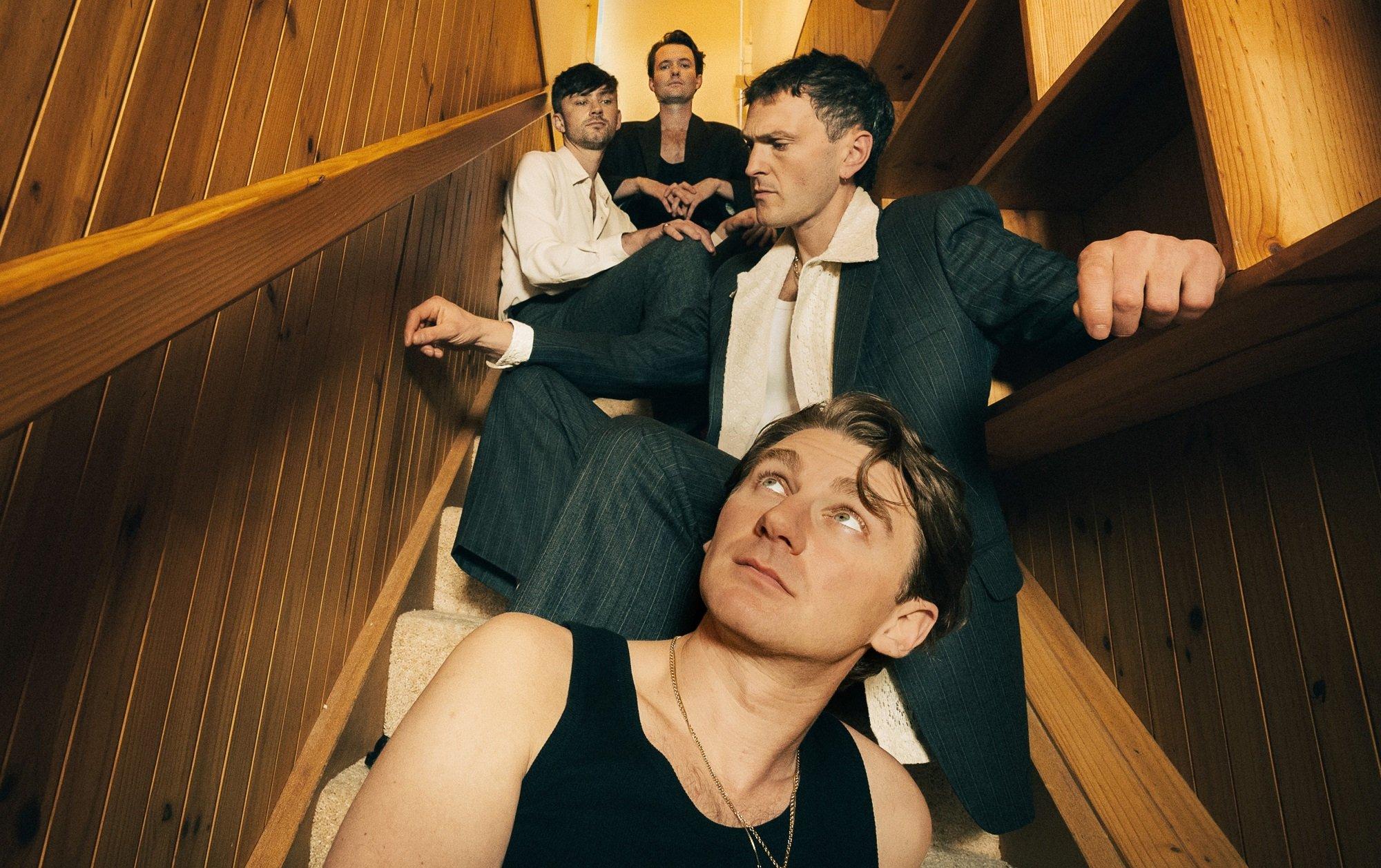
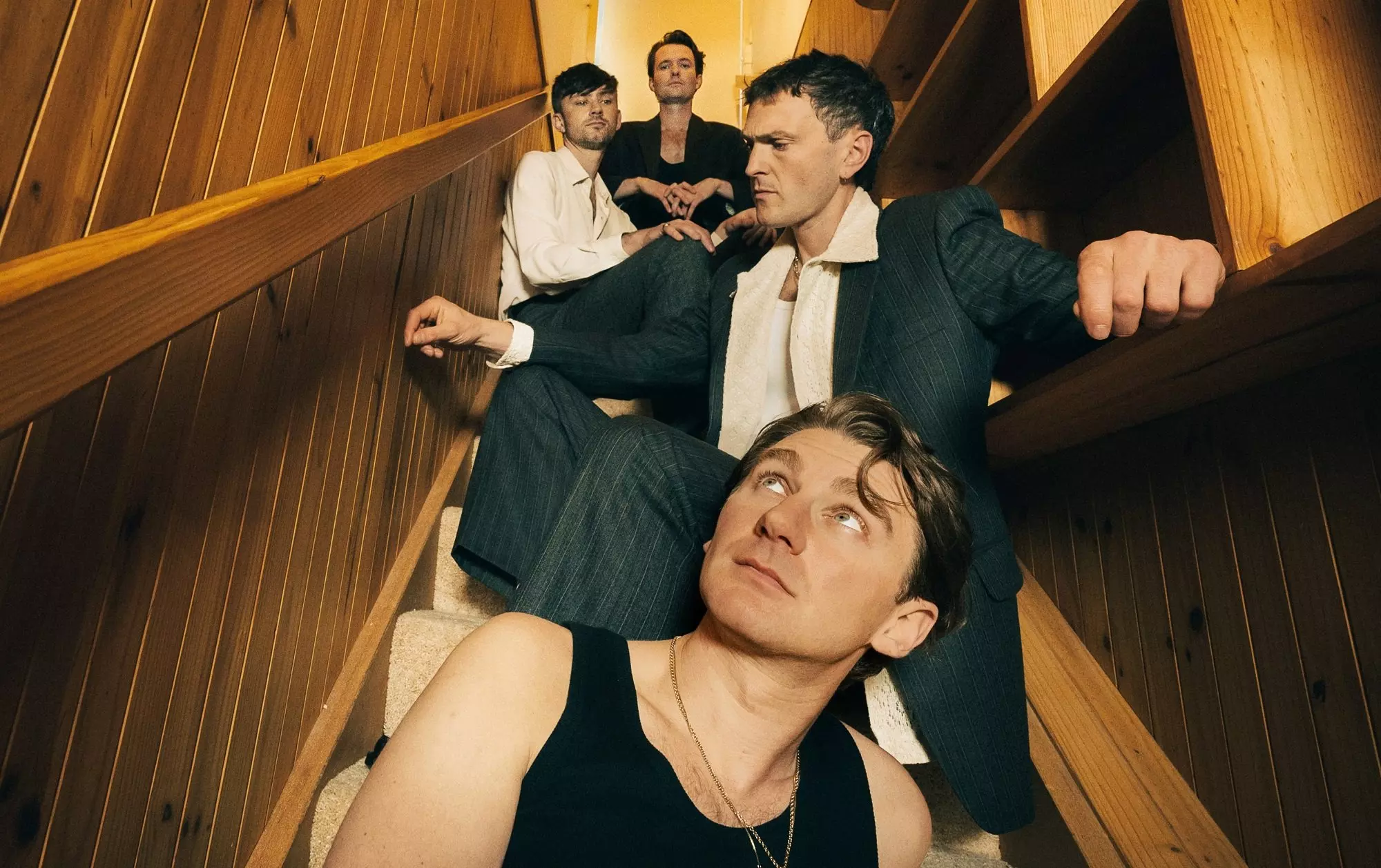

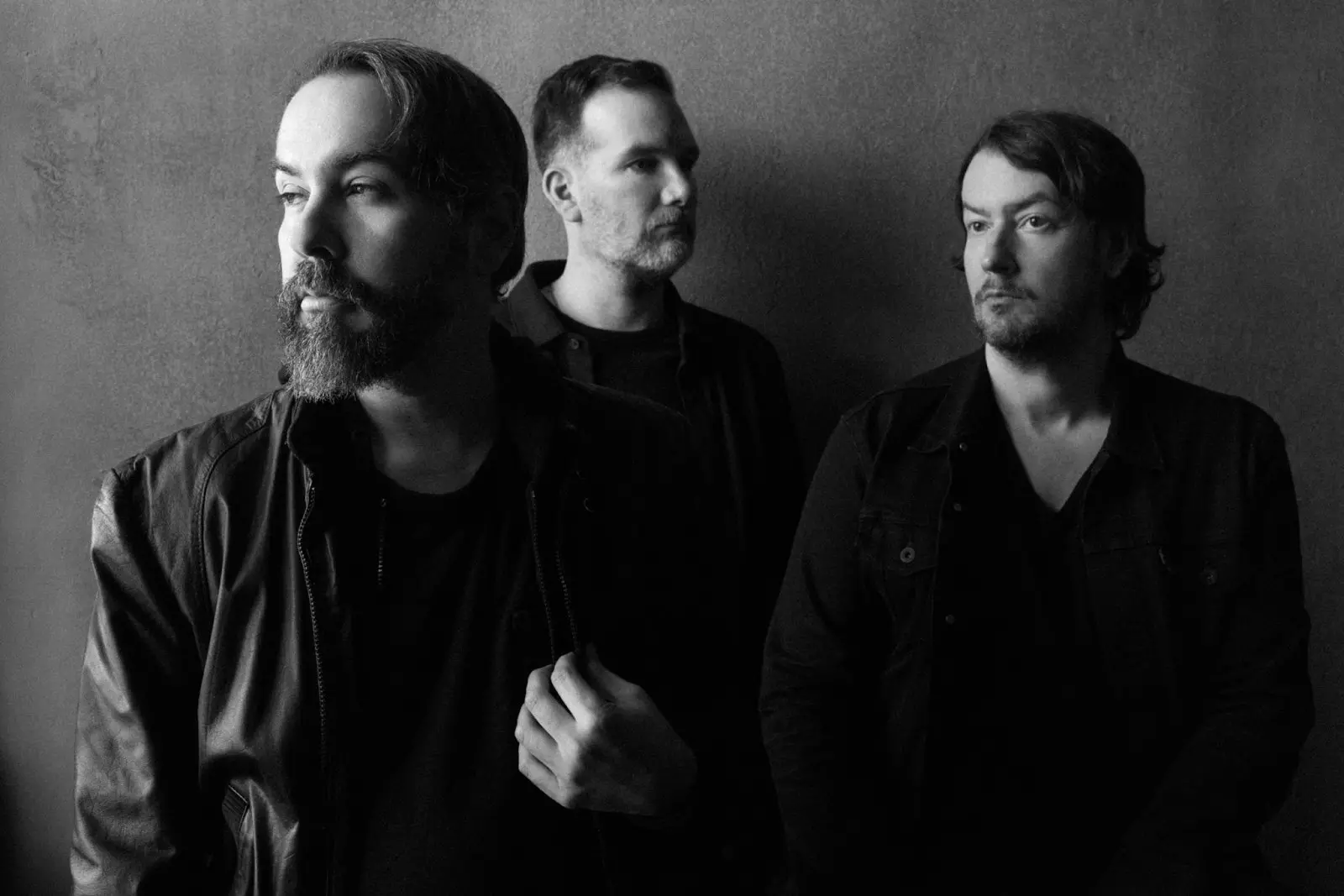
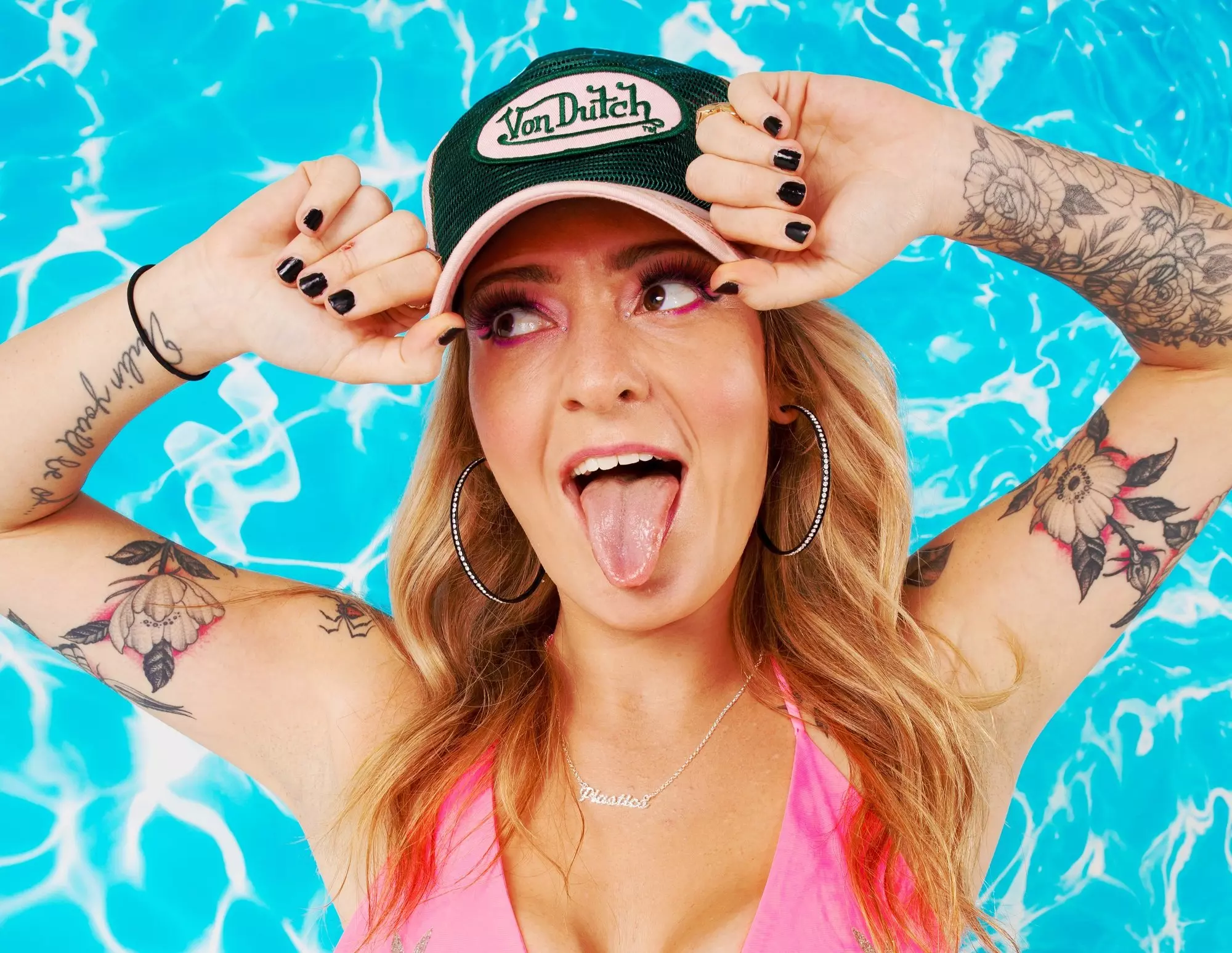

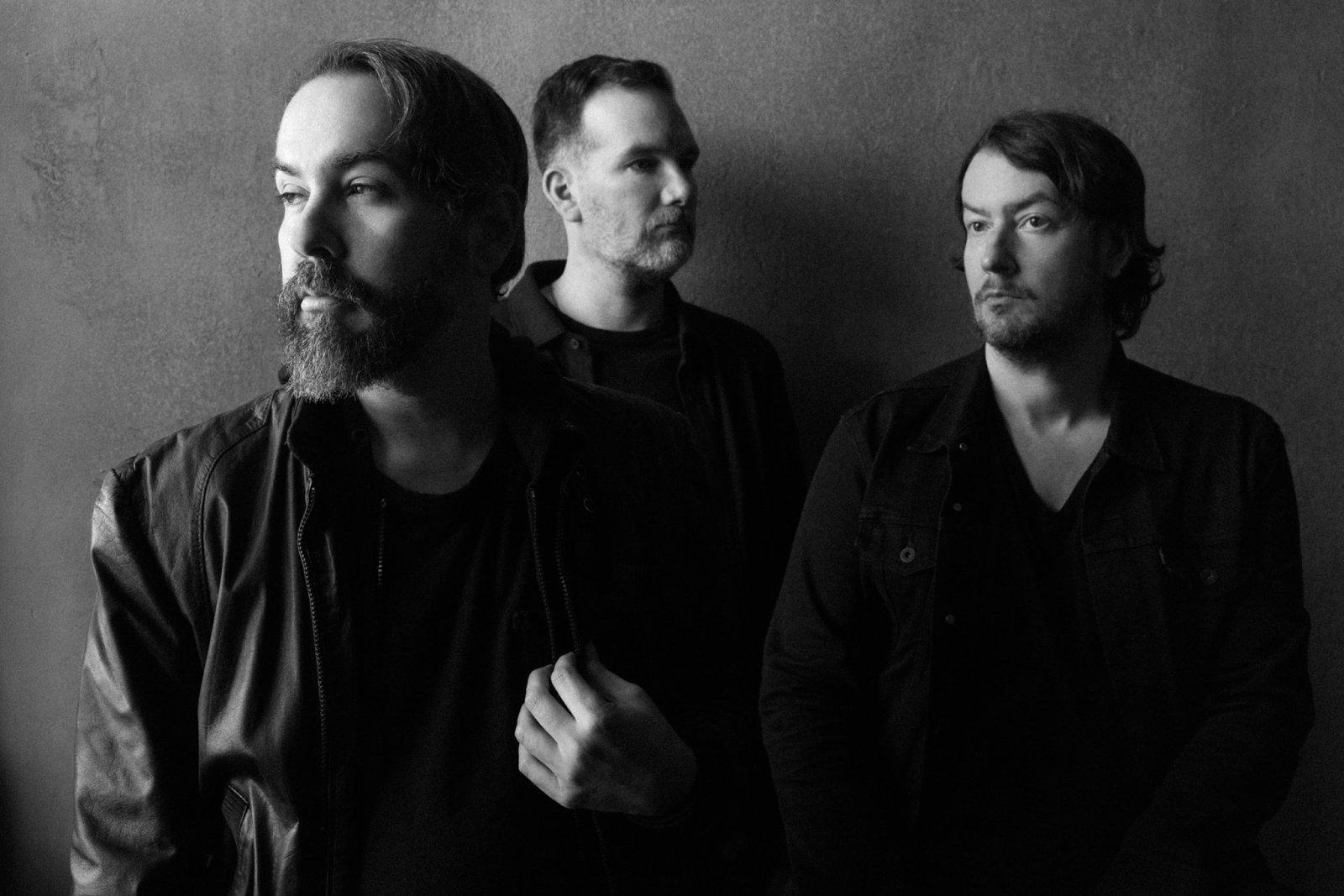





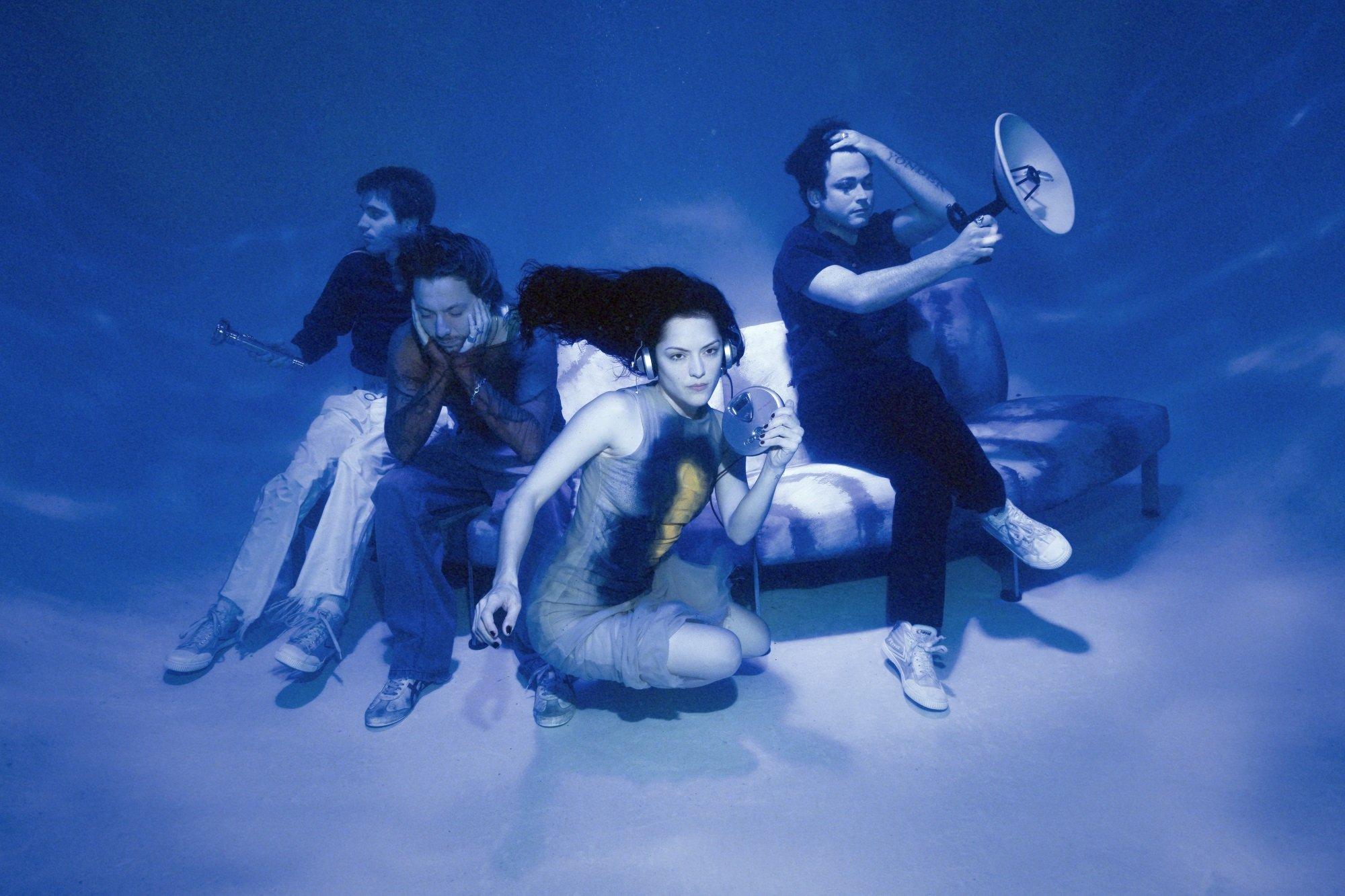
.jpg)